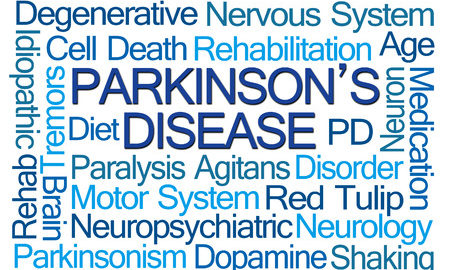World’s First Stem Cell Treatment for Parkinson’s

In the world’s first trial of stem cell treatment for Parkinson’s disease, neuroscientists at the Royal Melbourne Hospital in Australia have injected a 64-year-old man with millions of precursor cells with the hope that they will metamorphose into healthy brain cells.
The experimental treatment is a global collaboration, with the stem cells being flown in from the United States. The researchers hope that the treatment with pluripotent stem cells will boost the levels of dopamine in the recipient’s brain. Dopamine is a compound that functions as a neurotransmitter. Patients with Parkinson’s disease have low levels of dopamine in their brains, which causes the characteristic tremors, slowness, and rigidity associated with the disease.
The man, whose identity has been kept private, received stem cell implants at 14 different sites in his brain through two small holes in his skull. The pioneering surgery required months of planning, including designing the trial, obtaining regulatory approval, and importing the machine that would be used to perform the surgery. Neurosurgeon Girish Nair and neurologist Andrew Evans spent weeks practicing on a 3-D printed model of the patient’s skull. The operation itself lasted eight hours.
Brain tissue is extremely delicate, and the doctors had to be careful to leave only a small footprint from the surgery. Possible complications of the procedure included stroke, paralysis, and even death.
Millions of pluripotent stem cells were implanted at seven sites each in the left and right brain. These precursor cells give into “peer pressure” and develop into the type of cells that are present in their environment. The researchers hope that the stem cells will differentiate into healthy neurons and support the existing neurons in the patient’s brain or develop into cells that produce dopamine. The neural stem cells used in the trial were sourced from International Stem Cell Corporation, a laboratory in the United States that obtained them from unfertilized eggs.
The trial leaders are hopeful. A scan that was done 24 hours after the surgery revealed that all the targeted sites had been implanted with stem cells without any apparent complications. The patient was able to go home 72 hours after the operation. Whether the procedure has truly been successful will only be known two years from now. Meanwhile, eleven more patients are scheduled to undergo the experimental surgery.
References:
- http://www.heraldsun.com.au/news/victoria/stem-cells-injected-into-brain-of-victorian-patient-in-worldfirst-parkinsons-disease-treatment/news-story/6be10fedc7f615c3c25b8f1a5cc2818e


